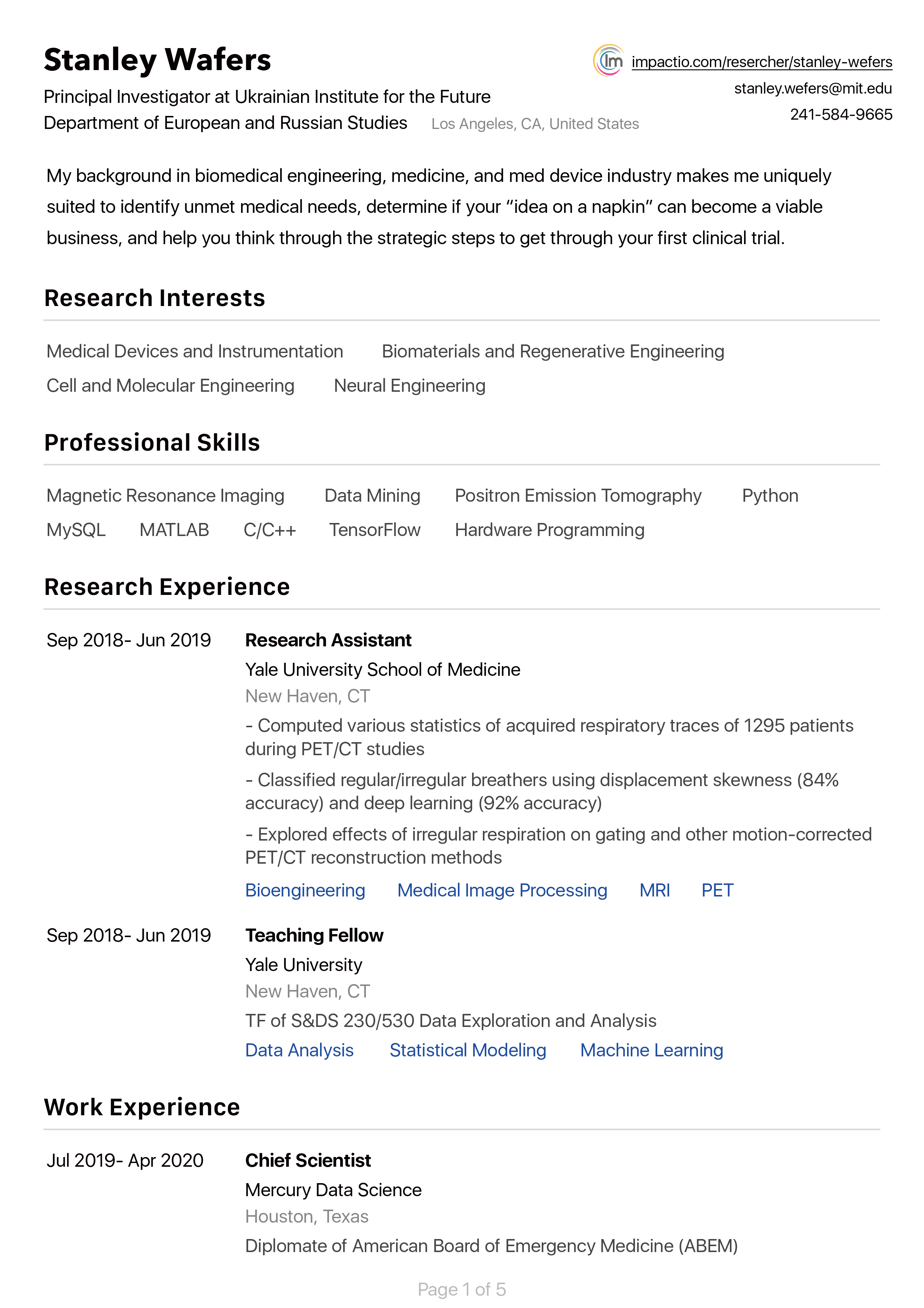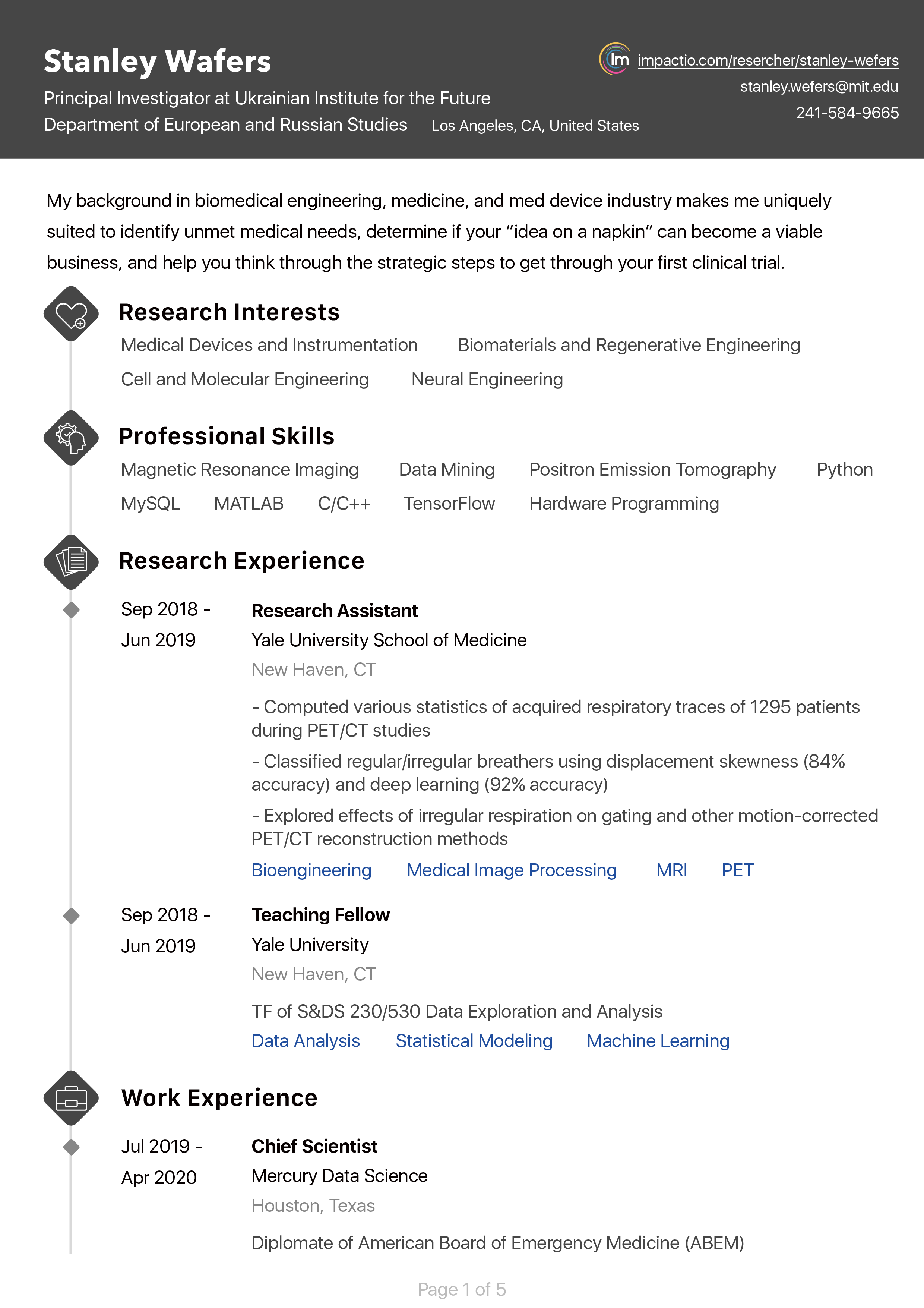About
TOMAS BELZUNEGUI received the bachelor's and Ph.D. degrees in medicine from the University of Navarra, Pamplona, Spain, in 1979 and 1991, respectively. He is Emergency Physician of the Navarre Health Service. He is currently the Director of Emergencies and Hospitalization, Hospital
of Navarra (1,100-bed Public Center located inPa mplona). He has been responsible for the strategy of attention to the time-depending pathologies on the health plan with the Health Department of Navarra, since 2014.
Universidad de Navarra
Oct 1973 - May 1979
Medicine
Autonomous University of Barcelona
Jun 1995
Statistician in Health Sciences
Award
Jan 2017
La Fundación Ad Qualitatem ha seleccionado como Finalista entre los 10 mejores proyectos en la categoría al Mejor Proyecto Ejecutado en Programas de Atención al Paciente a " Análisis de la estrategia de funcionamiento general de la base “Major Trauma Registry de Navarra”, calidad de la misma y comparación de los resultados con el registro de trauma denominado “Trauma Register Deutsche Gellschaft für Unfallchirurigie” de Alemania realizado por la Institución Complejo Hospitalario de Navarra.
Award
Jun 2015
Accesit a la Mejor Comunicación del XXVII Congreso Nacional de Medicina de Urgencias y Emergencias (SEMES). Zaragoza 2015
Award
Jun 2014
Premio Nacional "Pepe Milla" de Investigación en Urgencias y Emergencias. Concedido en el Congreso de la Sociedad Española de Medicna de Emergencias (SEMES). Málaga 2014
Award
Sep 2012
Premio del poster titulado “ Immunoglobulin G sensor by means of lossy mode resonances induced by a nanostructured polymeric thin-film deposited on a tapered optical fiber” presentado en el Congreso “Trends in Nanotechnology 2012” celebrado en Madrid 10- 14 de Septiembre de 2012
Award
Jun 2012
Premio a la mejor comunicación. "Valor de los indicadores de gravedad prehospitalarios y hospitalarios en la predicción de la supervivencia en pacientes politraumatizados". XXIV Congreso de la Sociedad Española de Medicina de Emergencias ( SEMES).Oviedo 13-15 junio 2012.
Sostenibilidad y mejora de la calidad de los servicios de salud mediante la simulación y optimización de sistemas complejos
This paper presents a discrete event simulation model to support decision-making for the short-term planning of hospital resource needs, especially Intensive Care Unit (ICU) beds, to cope with outbreaks, such as the COVID-19 pandemic. Given its purpose as a short-term forecasting tool, the simulation model requires an accurate representation of the current system state and high fidelity in mimick ..
Major Trauma of Navarra
International benchmarking can help identify trauma system performance issues and determine the extent to which other countries also experience these. When problems are identified, countries can look to high performers for insight into possible responses.
RESEARCH AND MANAGEMENT OF OPERATIONS FOR IMPROVING THE QUALITY AND EFFICIENCY OF HEALTH SERVICES. SIMULATION AND OPTIMIZATION OF COMPLEX SYSTEMS
The aim of the Project is the development and application of research and operations management methods to organizational and planning problems of public health services in order to improve their quality and efficiency.
The successful application of these techniques in health requires the involvement of its professionals in the definition and validation of mathematical models and in the interpretation and translation of results into reality. In addition, it requires a holistic approach to health
services that encourages building balanced models, as well as the representation of the behavior of medical staff and patients.
The complexity of health services and the need to create reliable mathematical models of them motivate the development of analysis
techniques based on simulation in combination with several tools of data analysis, computing and optimization.
The Project involves four general objectives:
- The development of theoretical mathematical models and ptimization and simulation methodologies oriented to the analysis of planning and organizing problems in public health services.
- The establishment of a multidisciplinary research team, able to identify relevant problems in public health services that can be analyzed using mathematical approaches. The members are academics from three universities which are specialized in simulation and optimization methods, in data analysis and in their application to real problems; and also, professionals from Hospital of Navarra, who are aware of health services, their problems and with research interests to explore new methods to improve them.
JAMIE Project- Spain
Injuries caused by accidents or violent situations in pediatric patients are a serious social problem where prevention plays a key role. The aim of this study was to describe the epidemiological situation of pediatric injuries in Spain. A prospective study of pediatric patients receiving care in the Emergency Service of the Complejo Hospitalario de Navarra due to for reasons of accidental injury was conducted. The study covered a period of 1 year and assessed a total of 16 variables. There were a total of 8,876 patients, of whom 56.4% were males. Traumatic injuries such as fractures and craniocerebral trauma were identified as the most frequent
injuries, occurring as a result of injuries mainly in the home.
In females, there was a decrease in the incidence of injuries related to age. There was a greater incidence at the end of the day, during the weekend, and in the months of March to October. The epidemiological profile of pediatric patients who met with accidents in Navarra, Spain, is described. The knowledge of the main areas and factors related to injuries allows us to improve preventive measures, which would contribute to better control in this region of Spain.
Realted Researchers









